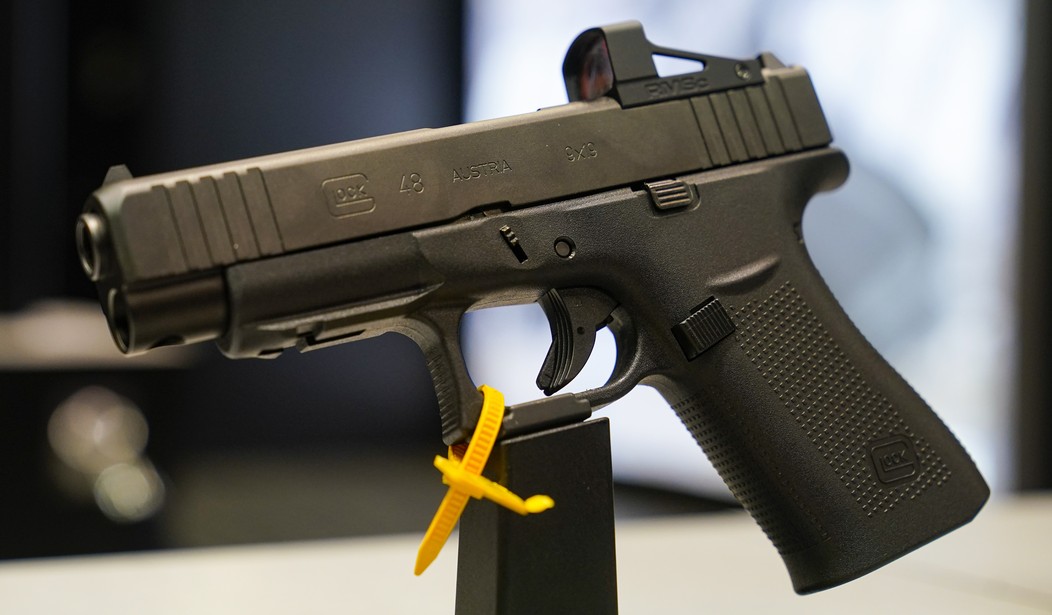I don't like calling them "Glock switches," primarily because Glock had nothing to do with them. They were created by a third party as an add-on to Glock handguns. Since then, they've been produced, exported, and sold by people with no affiliation with Glock.
So, I call them "full-auto switches" because it describes what they do and it doesn't pretend Glock is responsible for a product that was banned in the US from it's inception, but should it be?
Let's back up a bit.
These devices are currently illegal at the federal level. Many states have also banned them, mostly so state and local law enforcement can make arrests and prosecute people for having them without having to rely on the federal government to do so.
An article out of Alabama, however, sparked a thought.
Mississippi is not a state known for embracing gun restrictions, nor does the state’s leadership often draw applause for its policies from gun control groups like Moms Demand Action.
But after the tragic early January death of George County Deputy Jeremy Malone -- after he was shot and killed by a man carrying a handgun converted into an automatic weapon -- lawmakers went into action.
The result? Republican Gov. Tate Reeves signing legislation in early May making it a felony in Mississippi for someone to possess a gun conversion device like a so-called “Glock switch.”
Alabama officials are hoping to do the same, even if similar efforts in Montgomery stalled out last spring following a gun-rights versus gun control debate on the Alabama House floor.
“The federal regulations that prohibit the conversion devices, itself, are not found unconstitutional including under the Second Amendment,” said Dustin Williamson, director of policy advocacy at Everytown for Gun Safety, a network that includes Moms Demand Action and advocates for “common sense” gun laws. “We don’t feel it’s unconstitutional for the state to regulate them.”
You'll understand if I'm not tripping over myself to take the word of someone whose job is to push gun control for saying that a bit of gun control isn't unconstitutional.
However, historically, there hasn't been a lot of evidence to suggest he's wrong here. At least, not until recently.
Less than a week ago, a federal judge found that the ban on machine guns was unconstitutional under the Second Amendment. Under the history, text, and tradition standard laid down in Bruen, it's not difficult to see where the judge is coming from. He even found that with 640,000 legal machine guns floating around the country, they were, in fact, in common use.
So, if machine guns are protected under the Second Amendment, as they should be, what about full-auto switches?
Currently, Glock is dealing with a lawsuit from the City of Chicago simply because they failed to redesign a proven firearm simply because of a third-party accessory can be used, despite the illegality of that accessory, so it's entirely possible that this might become relevant.
From a practicality standpoint, I don't see these switches as a viable option for most legitimate uses, but that doesn't mean there aren't any. I'm not all-knowing, or all-seeing by any stretch of the imagination. If I were, I'd have less trouble finding that one sock missing from the dryer. Regardless, whether they're good for self-defense or whatever is irrelevant. That's not how we're supposed to decide how one exercises their rights.
So while this article seems to push the idea that Alabama should follow Mississippi's lead and pass a ban on these full-auto switches, the questions of constitutionality are actually real in light of last week's decision.
Should these devices be banned? I don't think so. I may not like them, but I don't like Shannon Watts or David Hogg opening their traps, either. That doesn't mean I want to ban their ability to speak.








